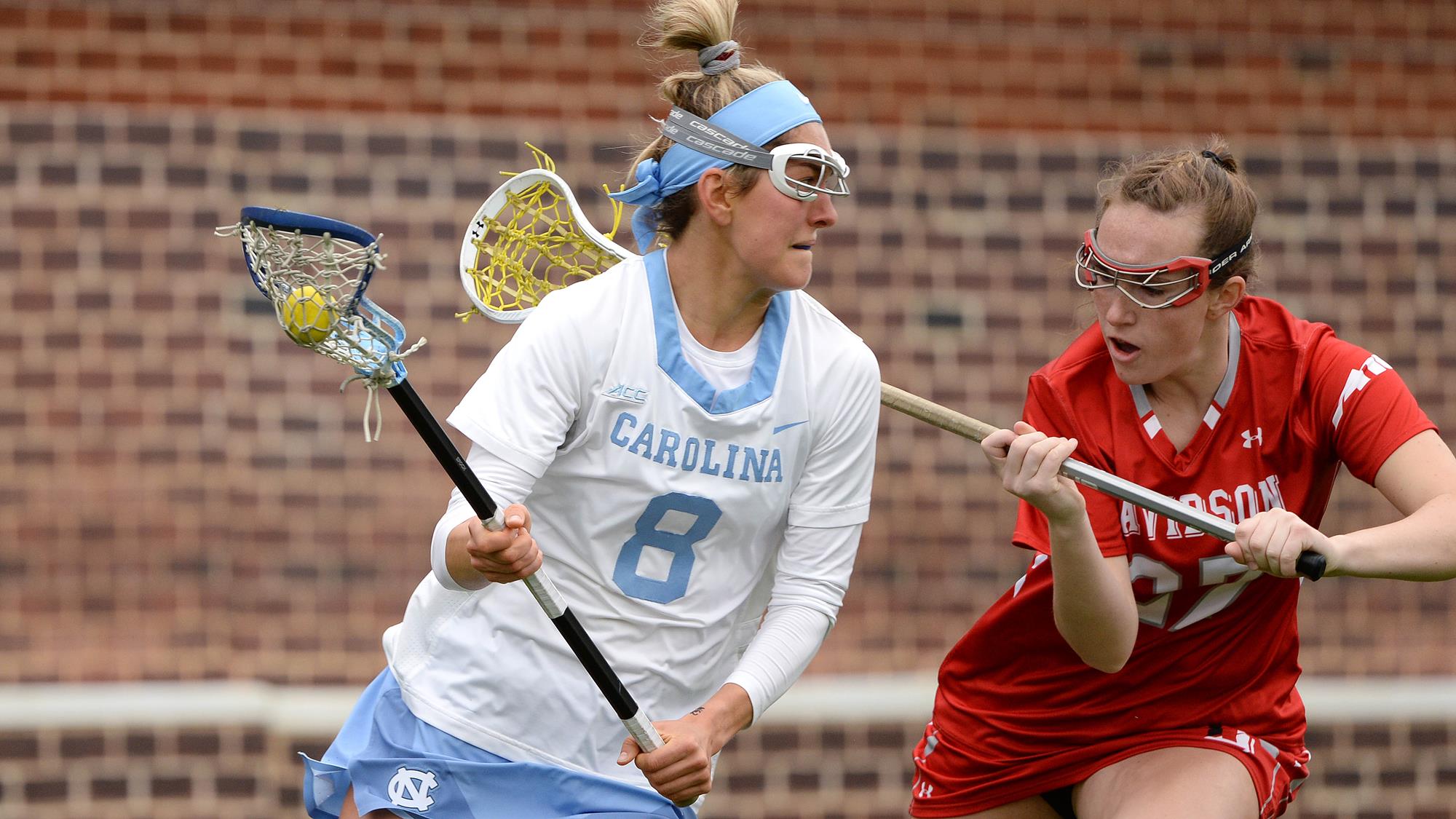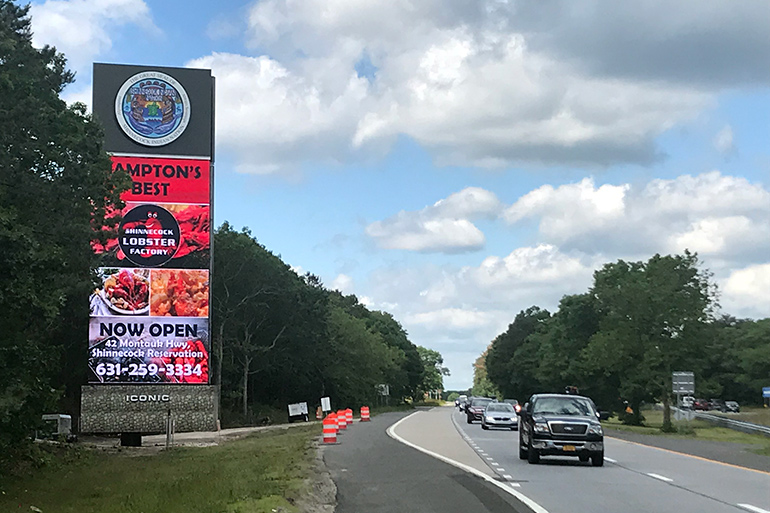NCAA Extends Eligibility


The NCAA announced it will extend eligibility for players in spring sports who have had their seasons cut short because of the COVID-19 pandemic. The Division I council will discuss and vote on eligibility relief for student-athletes whose seasons were impacted by the coronavirus outbreak and other related issues on March 30.
“Council leadership agreed that eligibility relief is appropriate for all Division I student-athletes who participated in spring sports,” the NCAA Division I Council Coordination Committee said in a March 13 statement emailed to schools notifying them of its intention. “Additional issues with NCAA rules must be addressed, and appropriate governance bodies will work through those in the coming days and weeks.”
The NCAA committees are allowing athletes competing in the 14 spring sports, which include baseball, softball, lacrosse, golf, and field hockey, to participate another year.
Mattituck alumna and University of North Carolina at Chapel Hill senior Katie Hoeg, who is a two-time All-American lacrosse star and the college’s all-time leading scorer, has a teaching and coaching job lined up after she graduates this spring. The Division I attack said she plans to return for graduate courses and play lacrosse next year if allowed.
“What a roller coaster this past week has been,” Hoeg said on Instagram. “This team was one of a kind and truly special. This season, although cut short, will always hold a special place in my heart. But I can’t hand over this jersey just yet . . . #onemoreride.”
The logistical challenges of the NCAA’s decision could continue for years because it’s not only seniors who would be given the eligibility relief. Teams also have scholarship and roster limits, with freshmen set to enroll next season. Though the NCAA could adjust scholarship allowance per sport, that could raise costs for individual athletic departments to support additional athletes.
Illinois Athletic Director Josh Whitman told The Washington Post that while allowing athletes to return is a “no-brainer,” it’s also “not as straightforward as it might first seem.”
“If an incoming baseball player thought that the stud center fielder in front of them was going to graduate and move on and that spot was going to be there for them to try and compete for and all of a sudden that stud center fielder is coming back,” Whitman said, “that changes that internal dynamic.”
Stony Brook University head coach Joe Spallina was stunned by the initial news.
“My heart’s broke, my spirit’s broken. Our family is in mourning. The team will never be the same,” he said. “It’s been a rough few days, but I feel a huge sense of relief knowing all the spring student-athletes are getting their year of eligibility . . . very glad the NCAA acted swiftly to ease some of the pain.”
The Division I coach said he was happiest for the seniors. His soon-to-be-graduate standout midfielder Ally Kennedy was too.
“Not the ending we dreamed about, but the best part is the story isn’t over yet,” the North Babylon alumna said on Twitter, before announcing on Lax Sports Network: “I’m coming back. I can’t let my career end like that. I need to end it on my own terms.”
Division I Council Coordination Committee Chair Grace Calhoun also shared the coordination committee’s decision to issue blanket waivers for specific membership requirements that schools who canceled spring sports cannot meet, including minimum sport sponsorship and scheduling requirements, as well as form submissions, and waived the deadline for schools that are reclassifying to submit strategic plans.
The committee also decided to issue a waiver to allow schools to reimburse student-athletes for any expenses incurred related to canceled foreign trips and prospective student-athletes for expenses related to canceled official and unofficial visits. The actions followed a decision a week prior to suspend in-person recruiting activity through at least April 15. The dead period eliminates on-campus and off-campus in-person contact with prospective student-athletes, but still permits phone calls and electronic communication between coaches and eligible recruits.
“The NCAA Division I Council and its Coordination Committee recognize that the decisions they make must be grounded in the values of higher education and must reflect the realities of the challenges facing higher education,” Calhoun said. “This is certainly magnified during this unprecedented period resulting from COVID-19. The coordination committee recognizes that this local decision-making is made more
challenging.”
In principle, the coordination committee agrees relief should be extended to spring sport student-athletes and supports providing schools with a framework in which they have the autonomy to make their own decisions in the best interest of their campus, conference, and student-athletes.
“This is why sports are so great. It’s been a roller coaster of a week, and in a time of adversity, we can all still come together for a cause so much bigger than ourselves,” Kennedy said. “My season was kind of ripped away for me, but the fact that we can handle the cards that we’ve been dealt and come together for a greater cause really shows the magic of sports.”
The Ivy League currently does not allow athletes to pursue a fifth year at their schools, but said it is working with its schools to consider the eligibility issue.
The Division II Administrative Committee continued to make decisions as of March 19 regarding regulations and policies. Changes also covered recruiting, reinstatement extensions, application of financial aid, academic eligibility, and membership reporting requirements.
“These changes are the start of how we will adapt regulations and policies to help Division II move forward during a challenging period,” said Sandra Jordan, chancellor of the University of South Carolina Aiken and chair of the Division II Presidents Council.
Division III measures approved March 13 included an additional semester and season of eligibility for all student-athletes participating in spring sports, the removal of a minimum threshold of sponsored spring sports, and the flexibility for schools to assist students with travel, lodging, and meals due to campus displacement.
“While these measures won’t cover all circumstances, they were taken with the best interest of student-athletes in mind,” said Tori Murden McClure, president of Spalding University and chair of the Division III Administrative Committee. “During these extraordinarily difficult times, conferences and institutions should not focus on the application of NCAA legislation, but rather the health and well-being of student-athletes.”
In a teleconference last Wednesday afternoon after the Collegiate Commissioners Association decided to suspend all national letter of intent signings until at least April 15, the committee adopted a resolution to specify that institutional athletics aid agreements cannot be issued until at least April 15 to align with the recruiting dead period.
Some winter sports teams had championship games left to be played. While their seasons also came to an abrupt halt, the NCAA has yet to provide a statement regarding those student-athletes.
“I’m choosing my passion,” Hoeg told AP News. “It’s such a weird circumstance, but I was pretty hopeful this would be a possibility, and I’m really excited this decision has been made. I can’t imagine ending my lacrosse career this way.”
desiree@indyeastend.com



